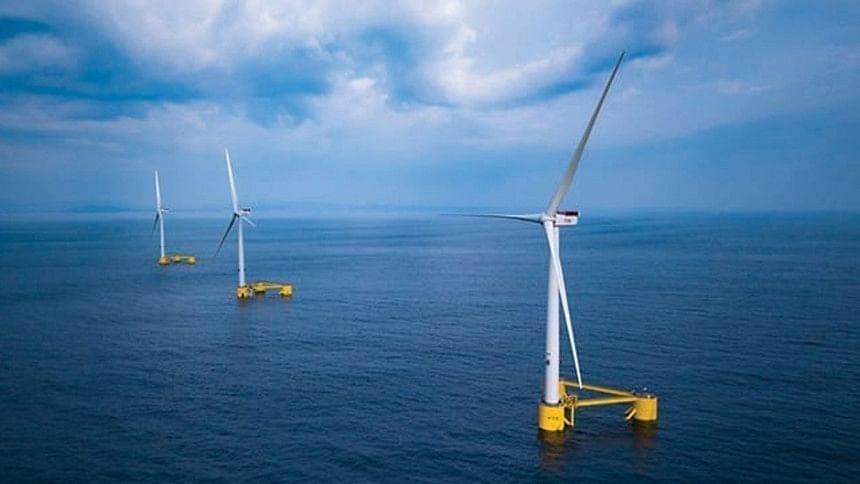Vulnerable countries take the lead in tackling climate change

Last week, Bangladesh hosted the climate finance summit called by the nearly 50 vulnerable developing countries that are part of the Climate Vulnerable Forum (CVF), which is chaired by Bangladesh for the current two-year term. The summit was moderated by the former President of the Maldives, Mohamed Nasheed, who is the CVF Ambassador for Ambition, and was opened by Prime Minister Sheikh Hasina. This summit put forward a resounding call for all countries to take action to tackle the planetary emergency that we are facing. The heads of government from previous chairs of the CVF, the Marshall Islands and Ethiopia, also spoke, as well as UN Secretary-General António Guterres, US Climate Envoy John Kerry, COP26 President-designate Alok Sharma of the UK, and the heads of the World Bank, Asian Development Bank, and other high-level speakers.
The meeting gave a collective call for all countries to fulfill their promises to keep the global temperature below 1.5 degrees Celsius, as well as for the rich countries to fulfill their promise to provide USD 100 billion to developing countries to tackle climate change. The summit meeting was followed by a roundtable of the Finance Ministers of the CVF countries, who call themselves the V20, which came out with the important message that the climate vulnerable developing countries are not just sitting idle and waiting for support, but rather are moving ahead with their own respective Climate Prosperity Plans—which aim for these countries to take the initiative to not just build resilience to face the climate change impacts that they are already facing, but rather to prosper despite these impacts. In fact, the PM declared that Bangladesh will be the first of the countries to develop its plan, named the Mujib Climate Prosperity Plan (MCPP) after the Father of the Nation. It is aimed at a decade-long effort to ensure game-changing actions on adaptation, as well as energy and capacity building, for Bangladesh to transform its development pathway going forward.
The three main transformational aspects of the MCPP will be to invest in Locally Led Adaptation (LLA) in all the most vulnerable zones of the country and enable the communities themselves to lead in the adaptation activities. Bangladesh is already a recognised world leader in LLA and aims to share its experiential knowledge with other CVF countries going forward. The second main new investment will be in offshore wind energy in the Bay of Bengal using the latest technologies of powerful wind turbines that can float and also withstand high wind speeds during cyclones. This can be a game changer for providing energy in the country. The third transformational strategy is to invest in our young girls and boys to make them into the climate champions of tomorrow, who can help not just Bangladesh tackle climate change but also go and help other countries as well.
Thus, the MCPP is aiming to transform Bangladesh into a global leader in tackling climate change by 2030. The message from the vulnerable developing countries to the rest of the world is for everyone to do what is needed in the spirit of global solidarity, as the climate emergency is already upon us and every country must do what it can to tackle it if the world is to have any chance at overcoming the problem. The vulnerable developing countries are aiming to lead the world on this pathway to climate prosperity.
Dr Saleemul Huq is Director of the International Centre for Climate Change and Development at the Independent University, Bangladesh.

 For all latest news, follow The Daily Star's Google News channel.
For all latest news, follow The Daily Star's Google News channel. 



Comments